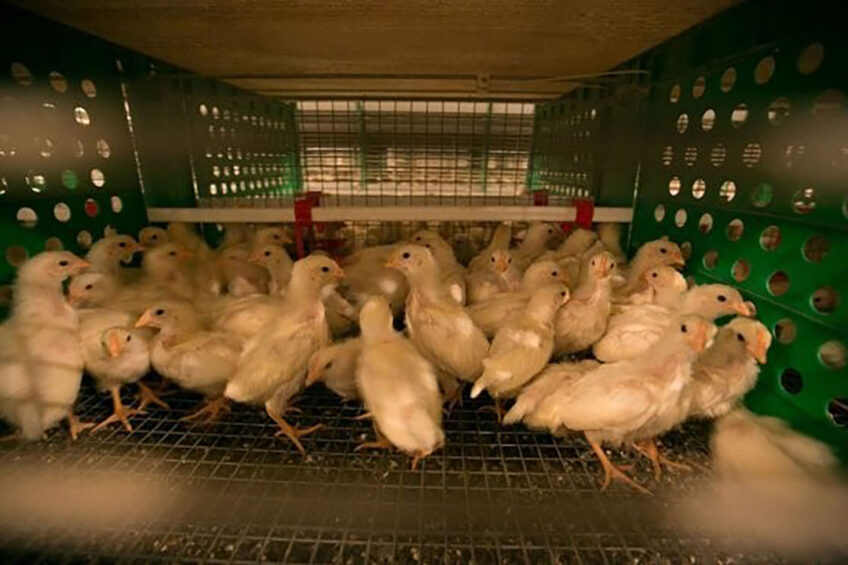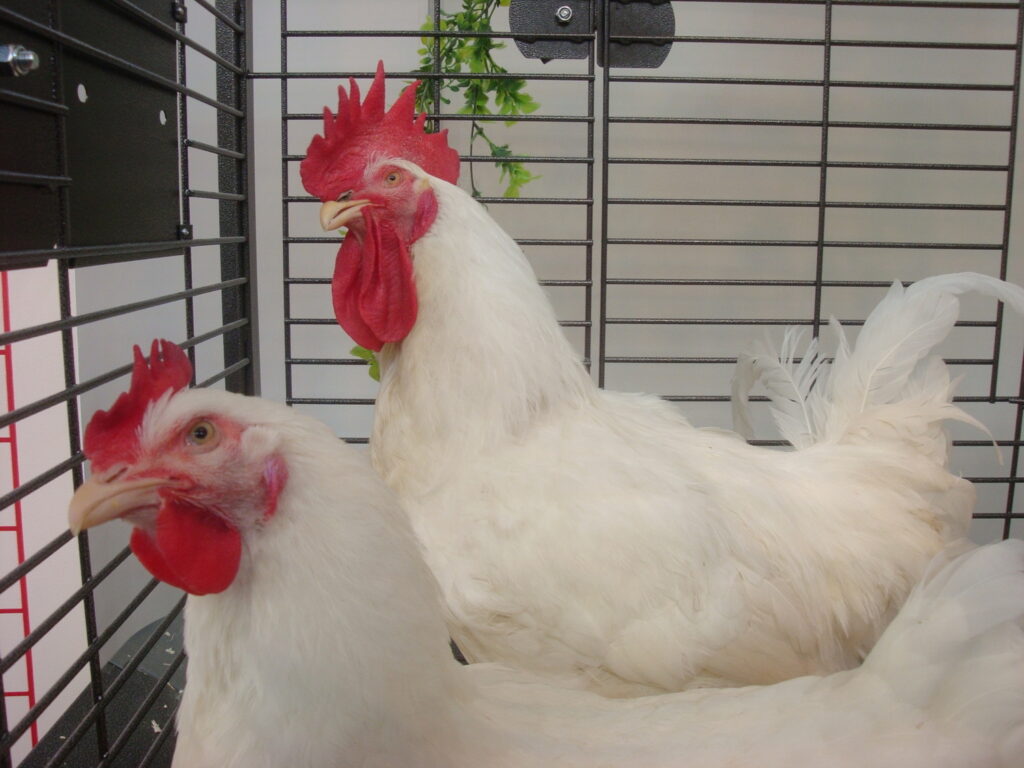Russia invests billions in Smena-9 broiler breeder crossbreed

By 2023, Russian authorities plan to make a new breeding centre focused on the Smena-9 crossbreed operational in Moscow Oblast in a bid to partly mitigate the dependence of the poultry industry on imported genetics.
The new project is planned to be built as a part of Russian President Vladimir Putin’s instruction to strengthen the country’s food security by reducing its dependence on agriculture on foreign purchases, the press service of the Russian government said in a statement.
Russia’s poultry industry struggling to overcome a shortage of hatching eggs which began in March in the wake of Western sanctions.
“The breeding complex will meet the needs of poultry farmers, which means they will continue providing the domestic market with high-quality homemade food products,” prime minister, Mikhail Mishustin, said, as quoted in the statement.
“Smena 9 has performance close to that of the international crossbreeds.”
The investment cost of the project is 4.5 billion roubles (US$70 million). The first reports about the government’s plans to launch a new breeding complex were rolled out in April when it was reported that the development of the country’s breeding base was aimed “at supporting the poultry industry in the face of sanctions”.
Konstantin Korneev, executive director of Rincon Management, told the Russian newspaper Agroinvestor that building a new breeding centre from scratch would take about 2 years. He added that Smena 9 has performance close to that of the international crossbreeds.

A switch may take time
However, problems could emerge when Russian farms switch to the new crossbreed, he said. “[Farm] employees need to be trained to work with the new crossbreed. Suppliers of foreign crossbreed provide [their customers] with a significant amount of educational materials and guidelines, and the Russian supplier of genetics will need to organise similar work,” said Korneev.
First clients
Anatoly Komarov, director of the breeding centre Smena, where the new crossbreed has been developed, said that several poultry farms in Moscow, Nizhniy Novgorod, Chelyabinsk Oblast, and the Urals have already expressed interest in purchasing the new crossbreed, and the first contracts are being signed.
”We have been tasked with scaling up our project and, taking into account the sanctions, providing entire Russia with poultry meat,” Komarov said, adding that there is no objective to push other crossbreeds from the Russian market. “No one is talking about ousting foreign partners: if foreign colleagues are ready to cooperate, we will cooperate.”
Exports are promised
In February, the Russian Agricultural Ministry rolled out a target to replace 10-15% of imported genetics with the Smena-9 crossbreed by 2025. The Ministry also said that export supplies of Russian genetics to Belarus, Kazakhstan, Uzbekistan, and Kyrgyzstan were considered.












